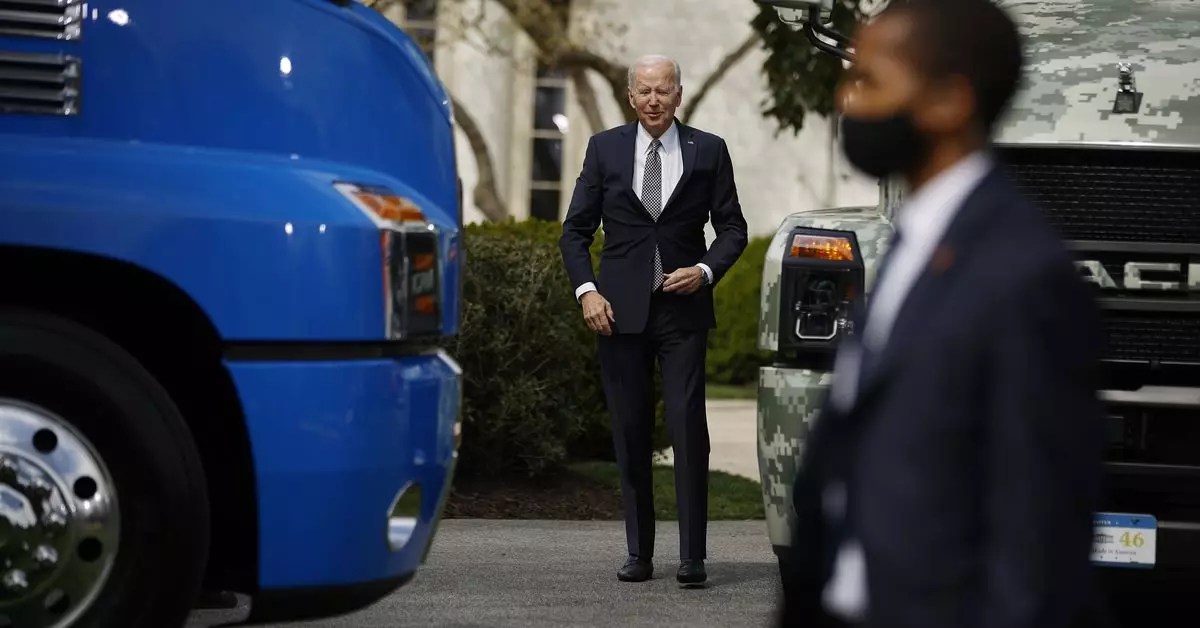The recent release of the Biden administration’s vehicle emission rule has garnered mixed reactions from the public. While the new rules aim to increase fuel economy by 2 percent per year for passenger cars and light trucks, it falls short of the more ambitious targets set by President Joe Biden in 2022. The original proposal mandated that passenger vehicles achieve an average of 55 miles per gallon by 2026, a goal that has now been scaled back.
The auto industry has welcomed the new Corporate Average Fuel Economy (CAFE) standards, praising them as “good and appreciated.” However, there are concerns about whether these regulations are still necessary in a rapidly electrifying industry. The move to adopt new automobile standards aimed at reducing greenhouse gas emissions in half by 2032 has been met with skepticism by some environmental groups. While most agree that the rules will lead to less pollution and cleaner cars, there are doubts about the effectiveness of these less stringent standards.
Despite improvements in fuel economy over the years, the US is still falling short of the necessary targets to meet upcoming deadlines. America’s preference for large trucks and SUVs has caused automakers to lag behind in achieving higher miles per gallon of gas. While the new standards will push manufacturers to deliver cleaner and more efficient vehicles, there is a pressing need for greater progress to combat climate change effectively.
The Biden administration’s new vehicle emission rules represent a step in the right direction towards combating climate change and reducing pollution. However, the less ambitious targets and industry skepticism highlight the need for more stringent regulations and faster progress in achieving higher fuel economy standards. As the transportation sector continues to evolve towards electrification, it is crucial for policymakers to set ambitious goals and hold automakers accountable for delivering environmentally friendly vehicles. By addressing these challenges head-on, we can strive towards a future of cleaner air and sustainable transportation for all.


Leave a Reply